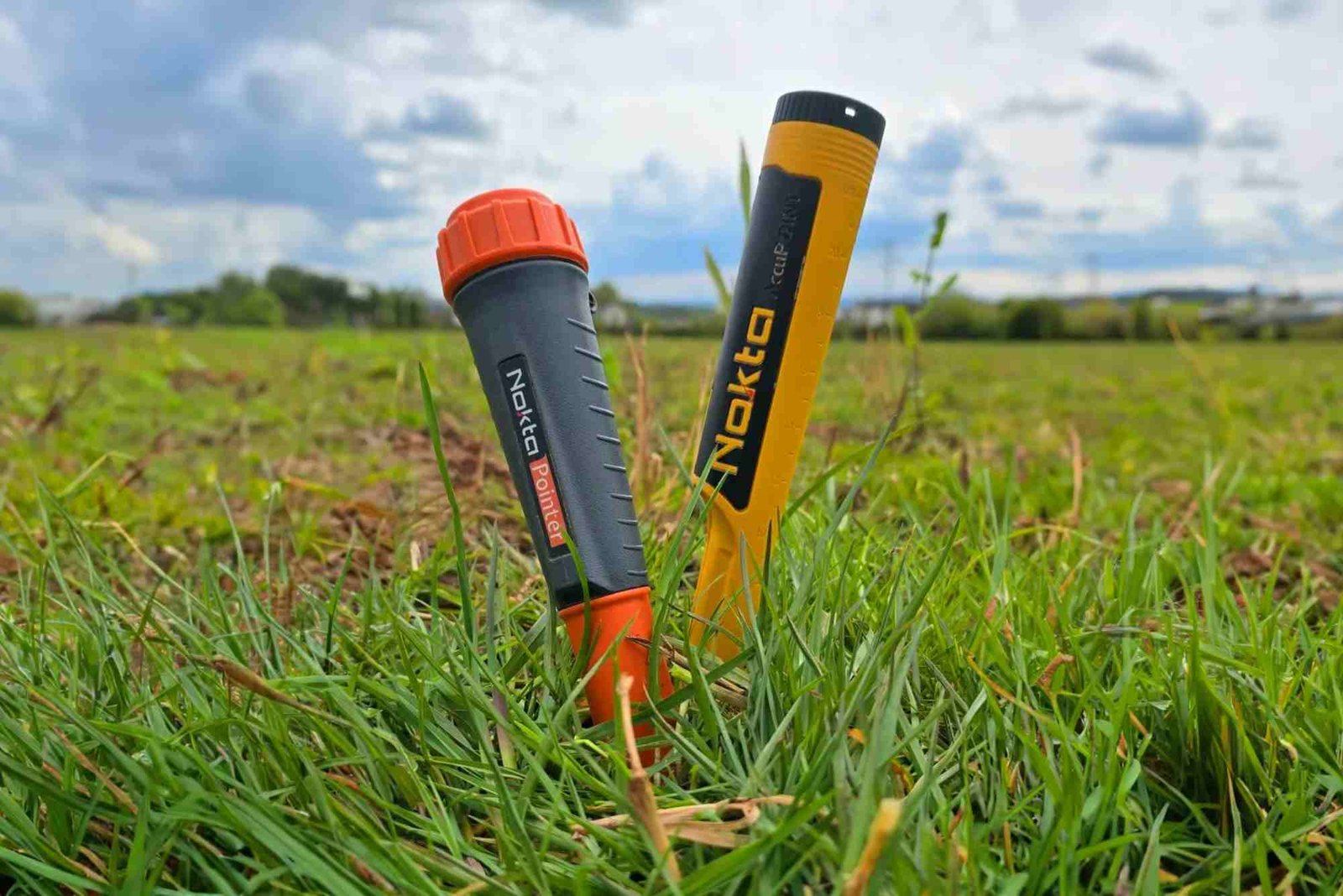Introduction
Benign Prostatic Hyperplasia (BPH) is a common condition among men over 50, affecting the prostate gland and causing urinary issues. Many wonder if lifestyle changes can help alleviate symptoms and improve daily life. In this article, we explore practical strategies, backed by evidence, that may reduce the impact of BPH and support overall well-being. For a comprehensive overview, visit Can Lifestyle Changes Help With Bph Guide.
Understanding BPH
BPH is a non-cancerous enlargement of the prostate gland that can obstruct urine flow. Common symptoms include frequent urination, weak urine stream, and difficulty fully emptying the bladder. While medications and procedures are often used, lifestyle adjustments can complement medical treatment.
Risk Factors
Several factors increase the risk of BPH. Age is the most significant, with men over 50 more prone to enlargement. Family history, obesity, and sedentary lifestyle also play roles. Understanding these risk factors is crucial for prevention and symptom management.
Dietary Adjustments
Diet significantly influences prostate health. Incorporating certain foods and avoiding others may reduce inflammation and improve urinary function.
Foods to Include
A diet rich in fruits, vegetables, whole grains, and healthy fats supports prostate health. Foods like tomatoes, broccoli, and fatty fish contain antioxidants and anti-inflammatory properties that may ease BPH symptoms.
Foods to Limit
Limit red meat, processed foods, and high-fat dairy products. Excessive caffeine and alcohol can irritate the bladder, worsening urinary symptoms. Small dietary tweaks can make noticeable differences.
Physical Activity
Regular exercise improves overall health and can directly benefit prostate function. Physical activity helps maintain a healthy weight, reduces inflammation, and supports urinary control.
Recommended Exercises
Moderate-intensity exercises, such as walking, swimming, and cycling, are ideal. Pelvic floor exercises, including Kegel exercises, strengthen the muscles controlling urination and may reduce symptom severity.
Fluid Management
Adjusting fluid intake can prevent urinary discomfort without causing dehydration.
Timing and Type
Drink fluids throughout the day rather than large amounts at once. Reduce evening intake to minimize nighttime trips to the bathroom. Avoid beverages that irritate the bladder, such as caffeinated and carbonated drinks.
Stress Reduction
Chronic stress may exacerbate urinary symptoms by increasing muscle tension around the bladder. Incorporating stress management techniques can support BPH treatment.
Stress-Relief Strategies
Meditation, yoga, deep breathing, and mindfulness practices can reduce stress. Adequate sleep also helps regulate hormone levels and maintain bladder control.
Weight Management
Excess weight, particularly around the abdomen, is linked to increased BPH risk. Losing weight can improve urinary function and reduce symptoms.
Practical Tips
Adopt a balanced diet and regular exercise routine. Even modest weight loss may have noticeable effects on prostate health. Consistency is key.
Avoiding Bladder Irritants
Some lifestyle habits can aggravate BPH symptoms, and limiting them is beneficial.
Habits to Monitor
Limit caffeine, alcohol, and spicy foods that can increase bladder urgency. Avoid smoking, which negatively impacts overall health and may worsen urinary symptoms.
When to Seek Medical Advice
Lifestyle changes can complement treatment, but severe symptoms require professional care. Frequent urinary retention, blood in urine, or sudden worsening of symptoms should prompt a visit to a healthcare provider.
For more detailed guidance, see Can Lifestyle Changes Help With Bph.
While lifestyle changes alone may not cure BPH, they can significantly ease symptoms and improve quality of life. Incorporating dietary adjustments, regular exercise, fluid management, stress reduction, and weight control supports overall prostate health. Start with small, sustainable changes and consult a healthcare provider for personalized advice. Take the first step today toward better prostate health and urinary comfort.
FAQs
Can exercise reduce BPH symptoms?
Yes, regular physical activity, including aerobic and pelvic floor exercises, can strengthen muscles and improve urinary control.
Are dietary changes effective for BPH?
Incorporating fruits, vegetables, and healthy fats while limiting red meat, processed foods, caffeine, and alcohol can help manage symptoms.
How does fluid timing affect BPH?
Spreading fluid intake throughout the day and reducing evening consumption can reduce nighttime urination and improve comfort.
Can stress impact BPH?
Chronic stress can worsen urinary symptoms. Mindfulness, meditation, and adequate sleep help reduce stress and support bladder health.
Is weight loss beneficial for BPH?
Yes, maintaining a healthy weight can improve urinary function and reduce symptom severity.
Where can I learn more about BPH?
You can read additional resources on Wikipedia for in-depth information about BPH and its management.











